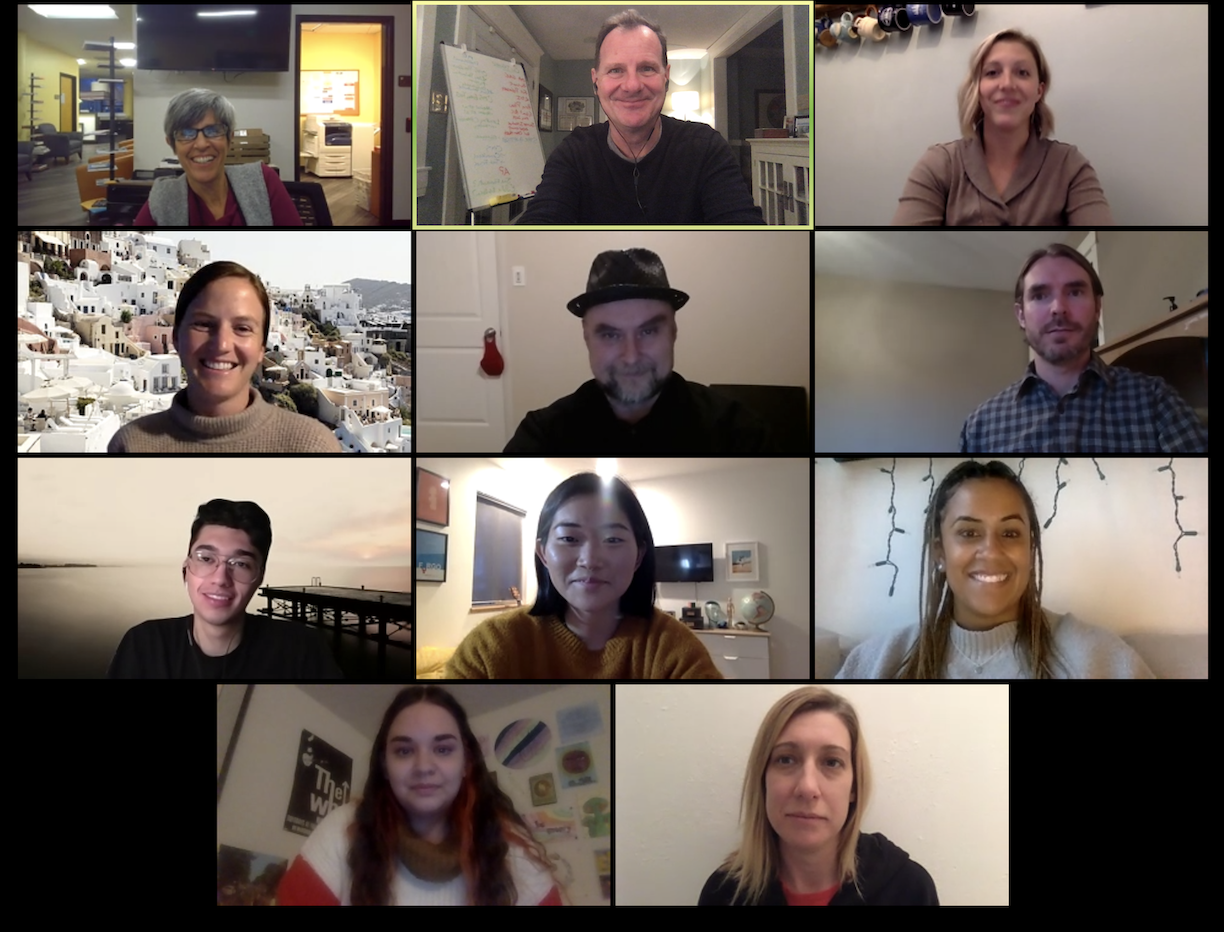The University of Colorado Denver’s College of Arts and Media (CAM) recently joined The Alliance for the Transformation of Musical Academe’s (ATMA) Task Force on Musical Racism. Made up of 30 deans, 30 faculty members and 30 students from across the nation, ATMA and the task force are pursuing a more equitable music education system by taking definitive steps to reposition Black American music within their musical curriculum.
Since George Floyd’s murder was televised last year, conversations around systemic racism in America have reached new levels of public consciousness. No aspect of society is excluded from these conversations, not even the music industry.
Today, popular music is largely dominated by Black artists. However, their role in the evolution of America’s modern sound is frequently downplayed in music education. From blues and classic rock to jazz and Motown, the profound influence Black artists have contributed to American music continues to be overlooked. The suppression of Black artists in the music education system is no accident, according to Mark Rabideau, CAM’s associate dean for academic and faculty affairs and author of “Creating the Revolutionary Artist.”
“Higher education is built on principles of white supremacy — the music follows suit in that way. Systems regenerate their own belief systems and to the point where you’ve kind of buried the truth somewhere, so distantly that it’s impossible to see until something radical, like a public televised murder of a black person, jars people to re-imagine the truth they want to be part of,” Rabideau told me. This fact remains at the center of ATMA’s organizational goals as they strive for a more equitable education curriculum.
In addition to joining the Task Force on Musical Racism, CAM has created the Equity, Diversity and Inclusion (EDI) Task Force to address these issues within CU Denver and their local community.
Katie Leonard, CAM’s current Activist-in-Residence and lead organizer for Anti-Racist Club Colorado, is currently working with the EDI Task Force to uproot systemic racism in music education at its core, instead of simply bandaging the wound. This starts with emphasizing equity first.
“We’re an equity first frame of work, meaning that diversity and inclusion find more meaning when they come after equity because we don’t want to include people into a system that’s broken, right? [We need] to make sure that our system is equitable, first and foremost.”

ATMA, and CAM’s EDI Task Force, largely revolve around anti-racist policies and ideas. Being anti-racist is not merely an idea, but an action. Simply acknowledging racism’s role in modern America is not enough. If we’re going to fix these issues, definitive, measurable steps need to be taken.
“It’s super important to demystify this idea that someone can be not racist because the reality is that the systems that exist are constantly working around this all the time — they’re purveying racism. If we’re doing nothing to counteract that, and if we’re doing nothing to be actively anti-racist, then we’re complicit,” Leonard explained.
In pursuit of a more equitable music education system, ATMA and CAM are introducing a “tool kit” to help organizations identify internal biases. The tool kit is designed “for music schools to take inventory of whose music, what musicians and what music counts at their institutions,” Rabideau said.
“This is a free available tool that allows them to do a self-evaluation, not to get a score, but rather to have a better perspective of where there’s an opportunity to make a change. I don’t doubt in any way that this is going to be incredibly powerful for institutions like CU Denver.”
Alana Margolis, a recent CAM graduate, joined the Equity, Diversity and Inclusion Task Force to take a more creative approach towards uplifting minority communities within the music education system. Margolis and the EDI Task Force are currently hosting open mic nights and other community events, which aim to empower local creators.
“We are now doing these open mic nights once a month. Just to have students, whether they’re singing, or they’re reading poetry, or they’re reading a short story or just anything that has to do with the creative mind, just to be able to showcase what they’re working on, to be able to show everyone that this is what’s important to me, this is what my voice is,” Margolis said.

These events aren’t only about showcasing local talent, however. They’re also about exploring the origins of popular culture and the arts, which often stem from the Black community.
“We’re also doing a trivia night, which will be all about the arts, music, film, and CU Denver,” Margolis said. “But we’re also going to include EDI task force little tidbits in there as well, just to be able to show people that, oh, you like this genre of music? Well, this is where it stemmed from. Oh, you like this artist? They were influenced by this artist. Oh, you like this film? It’s based off of this historic event that happened. So we want to make sure that our students are educated and know what they’re talking about so when they go into the real world, they have that knowledge and have that education.”
In preparation for their long journey towards systemic change, the task force recently sent out a survey to gauge which areas could benefit the most from a structural shift.
“One thing we’re doing is starting by listening,” Rabideau said. “We just sent out a survey to our entire community that closes in about a week. But right now we know we have about 300 respondents. We hope to increase that number. The idea here is to capture a snapshot of our culture so that we can see where our opportunities lie, where are the challenges we face, and then to do a series of listening sessions, Katie’s going to lead those, I’ll join her, at town halls to hear our students’ voices. And then also do some focus groups where we can get some really detailed qualitative data. The idea here is to really understand our community so that we can acknowledge where we are, and then create a plan to go forward.”
This past year, conversations about systemic racism in the United States have reached new levels of public consciousness, in no small part thanks to the resurgence of the Black Lives Matter movement. The historical suppression of black voices has long been overlooked, but organizations around the country, including CAM and ATMA, are taking big steps to create a more equitable society. There’s a long road ahead, but CAM is determined to make a difference.







